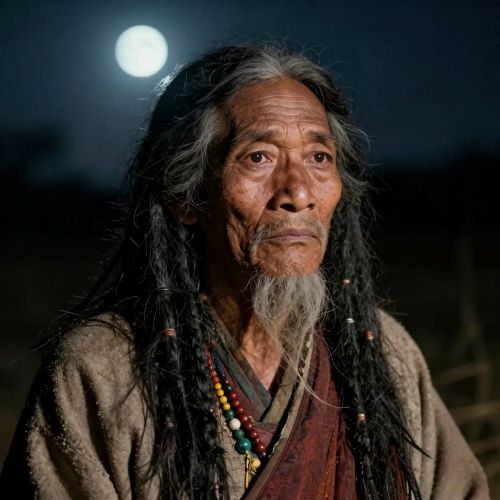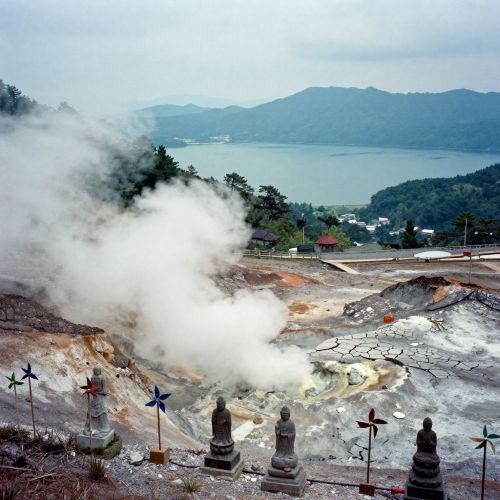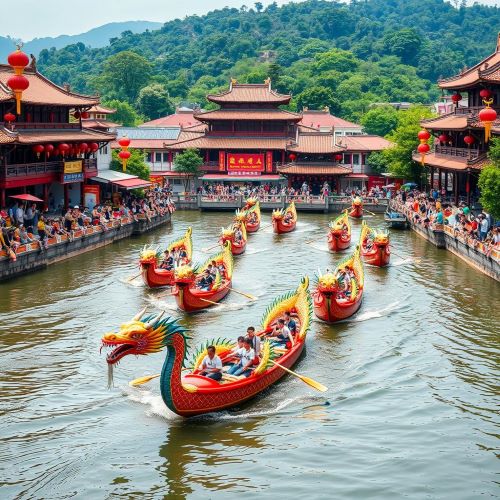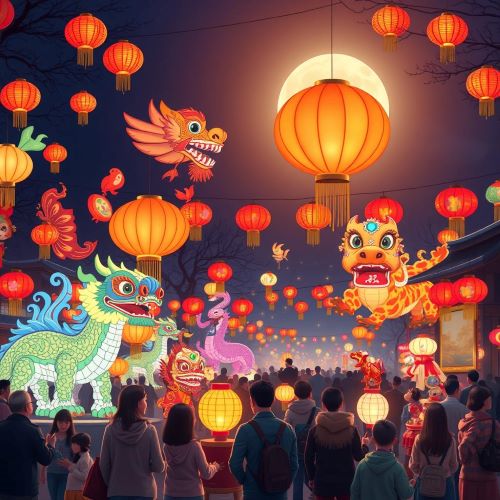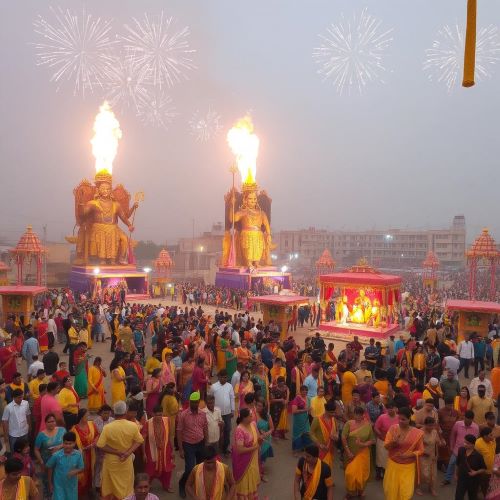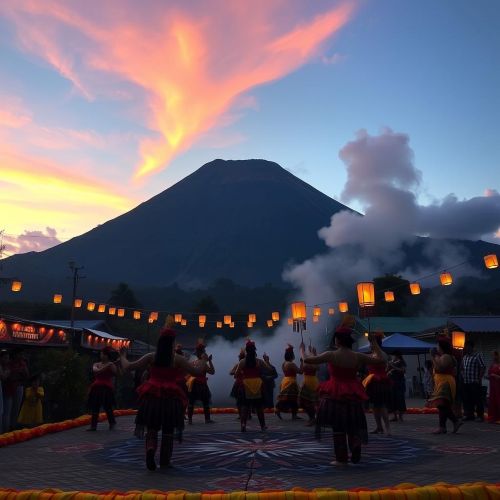Diwali : Festival of Lights
At a glance
| Description | |
|---|---|
| Location | India |
| Country | India |
| Dedicated To | Lord Ram |
| Duration | 5 day |
| Time of Year | October – November |
Introduction
Diwali, or Deepavali, is among India’s most cherished festivals, celebrated with enthusiasm by Hindus, Jains, Sikhs, and some Buddhists worldwide. This vibrant occasion signifies the victory of light over darkness and good over evil. Homes glow with lamps and candles, while fireworks light up the sky, creating an atmosphere of warmth and joy.
Spanning five days, each marked by unique traditions, Diwali fosters togetherness and gratitude. While customs may differ across regions, the essence remains the same—bringing hope, love, and positivity into people’s lives. More than just a festival, Diwali is a blend of rituals, cultural heritage, and mythological significance.
Connection with Mythology
Diwali’s significance stems from ancient myths and legends, each adding depth to its celebrations. Rooted in Indian mythology, these tales emphasize themes of righteousness, prosperity, and liberation.
One of the most well-known stories comes from the Ramayana, where Lord Rama returns to Ayodhya after 14 years of exile and his victory over the demon king Ravana. To honor his return, the people of Ayodhya illuminated the city with oil lamps, symbolizing the victory of light over darkness. Another legend ties Diwali to Goddess Lakshmi, who is believed to have emerged from the cosmic ocean during the Samudra Manthan. Her arrival represents fortune and abundance, which is why many devotees perform Lakshmi puja, praying for prosperity.
In some traditions, Diwali is linked to Lord Krishna’s defeat of the demon Narakasura, an event marking the liberation of thousands and the end of tyranny. Meanwhile, Jains observe the festival as the day Lord Mahavira attained nirvana, and Sikhs commemorate Guru Hargobind Singh Ji’s release from captivity. Across different faiths and regions, Diwali remains a celebration of victory, hope, and new beginnings.
Main Activities
Diwali is more than just a festival; it is a reflection of India’s cultural, historical, and social fabric. Over the centuries, its traditions have evolved, embracing influences from different eras while maintaining their core significance. Historically, Diwali’s grandeur extended beyond religious communities. Even during the Mughal period, some emperors acknowledged and admired its celebrations, highlighting India’s spirit of inclusivity. The festival has long been a symbol of renewal, urging people to leave behind negativity and embrace fresh beginnings.
Socially, Diwali fosters unity, strengthening familial and community bonds. It is a time for reconciliation, gratitude, and spreading joy. Economically, it drives significant commercial activity, boosting industries such as retail, hospitality, and artisanship. With growing awareness, many are now adopting eco-friendly celebrations, using sustainable decorations and reducing firecracker pollution. As Diwali continues to evolve, it remains a powerful reminder of hope, prosperity, and the triumph of light over darkness.
Importance in Cultural History
Diwali stands as a testament to India’s deep-rooted cultural heritage, evolving through centuries while maintaining its essence of joy, unity, and renewal. Its significance goes beyond religious observance, fostering a shared sense of tradition among diverse communities.
Historically, the festival has been embraced by different dynasties and rulers, reflecting India’s spirit of inclusivity. Even during the Mughal era, some emperors acknowledged the grandeur of Diwali, recognizing its cultural importance. Today, the festival continues to bridge divides, bringing people together in celebration.
Beyond its spiritual aspects, Diwali has a profound societal and economic impact. It strengthens social bonds, as families and friends reconnect through rituals, feasting, and gift-giving. Businesses thrive during this period, with increased demand for clothing, home décor, and festive treats.
In recent years, there has been a shift toward more sustainable celebrations, with greater awareness about environmental concerns. Many individuals and organizations now advocate for eco-friendly alternatives, such as green fireworks and biodegradable decorations, ensuring that the festival’s glow remains bright for future generations.
International Appeal
Diwali has evolved into a global festival, celebrated far beyond India’s borders. Countries with large Indian diaspora communities, such as the United States, Canada, the United Kingdom, and Australia, host grand festivities that bring people together in the spirit of joy and inclusivity.
Major cities like London, New York, and Melbourne organize large-scale Diwali events featuring traditional music, dance, and cuisine, attracting diverse audiences. Iconic landmarks, including the White House, Sydney Opera House, and Niagara Falls, have been illuminated in honor of the festival, highlighting its growing global significance.
Governments worldwide are increasingly acknowledging Diwali’s cultural importance. In 2021, the U.S. Congress introduced a bill to recognize it as a federal holiday, underscoring its expanding influence.
The festival also fosters cultural exchange, allowing people from different backgrounds to learn about Indian traditions. Some scholars even draw parallels between Diwali and other global celebrations, such as Samhain in Europe, pointing to shared cultural themes. For the Indian diaspora, Diwali remains a cherished occasion that reinforces their cultural identity and strengthens their connection to their heritage.
At its core, Diwali carries a universal message—hope, harmony, and the victory of light over darkness. This enduring theme resonates with people across cultures, making it a celebration that unites humanity in shared joy and optimism.
Source
S. Mathur. (2021). Similarities between festivals ‘Diwali’ in India and ‘Samhain’ in European civilizations. https://www.semanticscholar.org/paper/eca681a0fe7ddedc2c972eab2a098d59a849273a
“The Story of Diwali,” BBC Religion & Ethics, https://www.bbc.co.uk/religion/religions/hinduism/holydays/diwali.shtml
“History and Significance of Diwali,” Times of India, https://timesofindia.indiatimes.com/life-style/events/history-and-significance-of-diwali/articleshow/78884476.cms
“Diwali Around the World,” National Geographic, https://www.nationalgeographic.com/history/article/diwali-festival-of-lights


